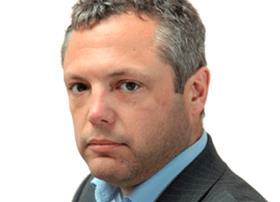Regulators would have an easier time of it were there an agreed definition of ‘professional’, but there is not. At root, for a layperson like me, a profession is a disciplined group of people who adhere rigorously to codes of ethics encompassing competence, integrity and safeguarding the public good. The question is, how rigorously?

Confusion abounds. My definition rules out journalism, for example, one of the most socially exclusive ‘professions’ of all. Learning difficult skills to a verified ‘grade’ and then deploying them in a job does not make one a professional. Journalism is properly regarded as a trade, whose practitioners are held to more liberal standards (there are reasons for this).
An example. Our own prime minister was once sacked by The Times for fabricating a story, but quickly resurfaced at the Daily Telegraph. Boris Johnson wasn’t prosecuted by any authority, and nor was there any solemn conclave of peers which might have convened to interfere with his ability to continue practising his occupation.
That confusion explains why I have some sympathy for the SRA when the Juniors Lawyers Division argues that it has ‘lost confidence’ in the regulator’s approach to prosecuting inexperienced solicitors.
When trainees ‘get the badge’, they enjoy an accompanying hike in social standing and (one hopes) salary. As lawyers, they become very important members of their wider community. But with that elevation comes a commensurate increase in responsibility. To the public at large, they are no longer ‘junior’ at all – the stabilisers have been taken off the bike.
What would we have the SRA/SDT do? Soften their approach to breaches of the requirement for absolute probity in certain, defined circumstances? And only for solicitors with, say, up to four years’ PQE? And even in cases of repeated dishonesty?
I’ve written before that the profession ought to debate its absolutist approach to dishonesty – if only to reassert it. This would at least clear the air. But in the end, each disciplinary case turns on its facts. Importantly, the SDT can already take into account genuinely exceptional circumstances involving mental health or workplace coercion. Do not expect the SRA to give much ground here.































4 Readers' comments